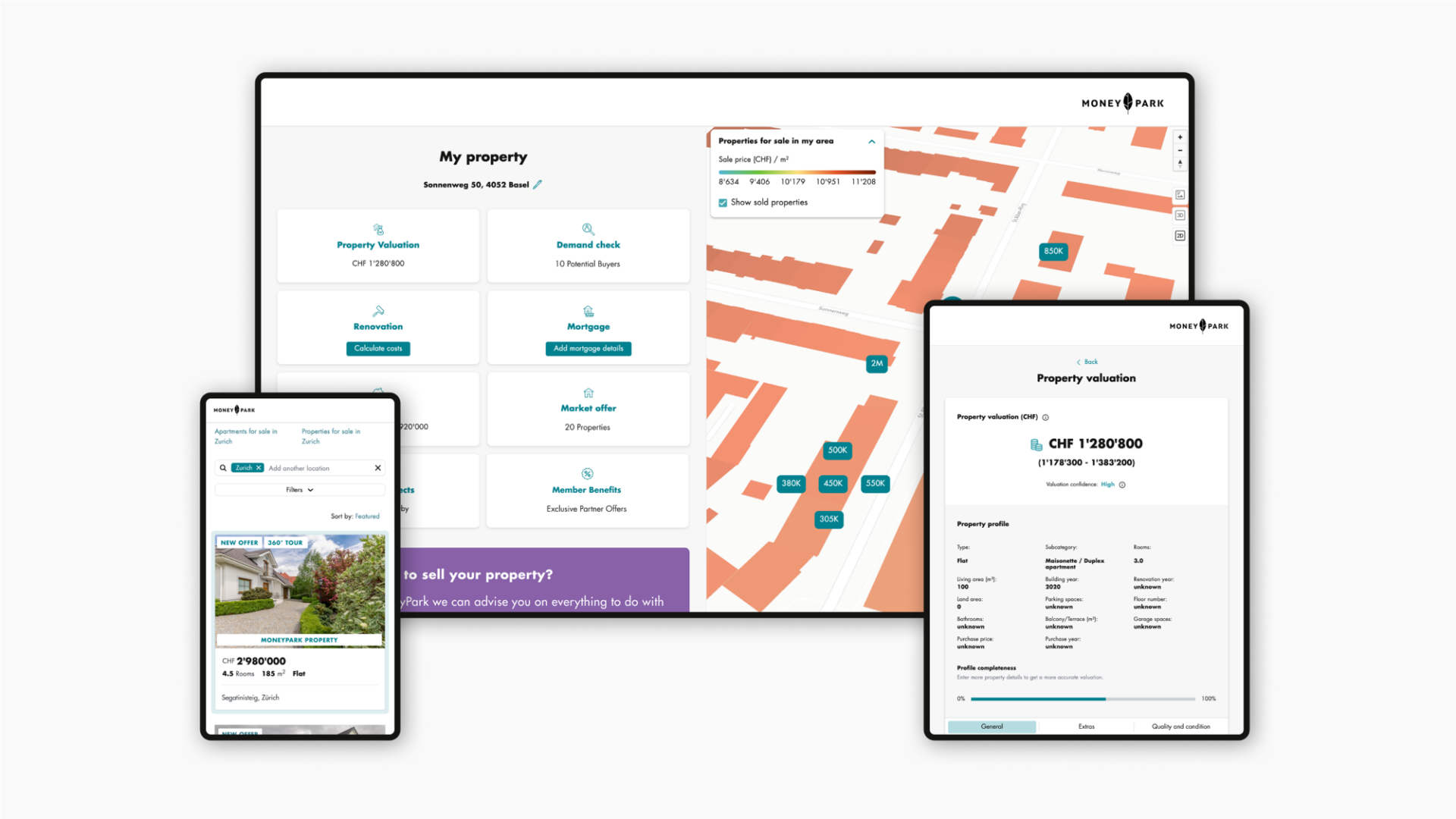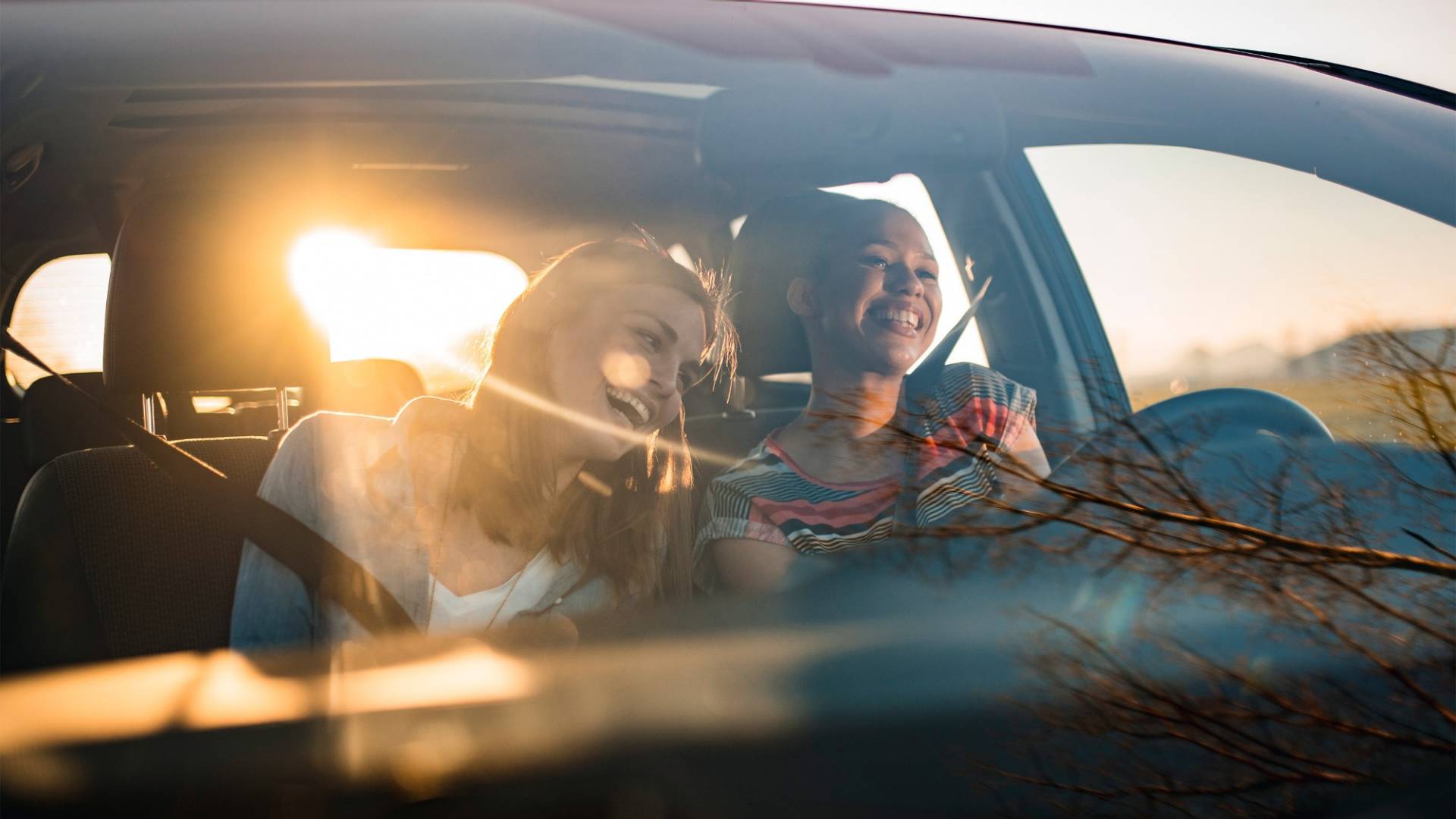-
All ready to travel by car
12.07.2023 | Sandra BiraghiAre you planning to travel by car this summer? Whether holidaying in Switzerland or beyond: with the right preparations and our tips, you'll be travelling without a care in the world.

All ready to travel by car

Checklist for holidays by car
Holidays with the car begin as soon as the engine is started. But you should take a few precautions beforehand. With this checklist, you are ready for a carefree drive.
1. Vehicle check
Check the condition of your vehicle:
- Tyres: tread depth, signs of wear, air pressure
- Do the lights work? Oil, brake fluid and coolant levels
- Condition of wiper blades and windscreen washer fluid level
Many garages offer a holiday check for cars and can advise you on how to securely stow your luggage.
2. Standard equipment and preparations
A warning triangle and one high-visibility jacket per person are mandatory in Switzerland. A first aid kit and a fire extinguisher are also standard equipment in many European countries including Belgium and Greece, as well as in Turkey. CH stickers are also mandatory on the rear of all motor vehicles being driven abroad. Find out about filling stations, charging stations and rest areas along your planned route. And remember: every passenger has his or her needs. Be considerate. For trips with children there are plenty of tips online, for instance at swissmom.ch or from TCS.
Federal travel warnings
Find out about the current federal travel recommendations before leaving the country. You can find all necessary information and number for the FDFA (Federal Department of Foreign Affairs) Helpline for emergencies abroad on the FDFA website.
3. Different countries, different laws
This applies both to speed limits and to alcohol limits or mandatory lights. It is worth finding out about the guidelines on driving in countries you will pass through. Several European cities also have special environmental zones and require eco stickers. If you drive there without these stickers, you may be fined. The stickers can mostly be ordered online or purchased at the last minute at filling stations. TCS has put together country info for more than 200 countries worldwide.
4. ID and important documents
If you are travelling by car in Switzerland, you must have your driving licence and vehicle registration document with you. When driving outside Switzerland, you should have the following documents with you:
- Driving licence (international driving licence for trips outside EU and EFTA countries)
- ID and/or passport and visa, if necessary
- Vehicle registration document and International Motor Insurance Card, if necessary
- European Accident Report
Tip
Keep the emergency number of your insurer and the relevant policy numbers handy. Make back-up copies of your important documents and take these – separately from the originals – along on your trip.
5. Insurance for own and third-party vehicles
Your car insurance from Helvetia is also valid – with just a few exceptions – in the rest of Europe as well as in non-European Mediterranean countries and Mediterranean island states. Assistance insurance for motor vehicles is also valid outside Switzerland.
Exceptions: Your Helvetia car insurance is not valid in Russia, Belarus, Georgia, Armenia, Azerbaijan, Kazakhstan, Israel or Iran. In Kosovo, insurance does not cover liability.
International Motor Insurance Card (Green Card)
The International Motor Insurance Card proves that your vehicle is covered by liability insurance. It is mandatory in many European countries. You can request the International Motor Insurance Card directly from your insurer. If countries are excluded from the cover, the related abbreviations are crossed out. Also check the Card’s period of validity before starting your trip.
Travelling in a third-party vehicle
If you travel in a car that is not registered to you, you should have an add-on for driving third-party vehicles included under your personal liability insurance. Also note that, when crossing a border, you need authorization to use the vehicle. A statement of authorization signed by the owner of the vehicle will suffice.
Helvetia wishes you a pleasant and safe journey!









